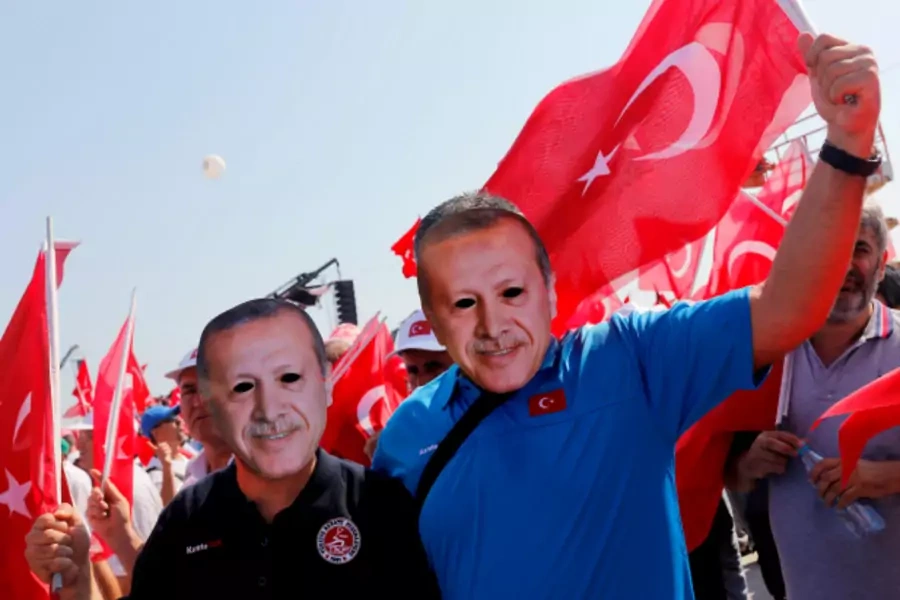The Deep State Mirage in Turkey

This article originally appeared here in the Cipher Brief on Wednesday, March 22, 2017.
The so-called “deep state” is like dark matter. There is wide belief in countries like Turkey, Egypt, and Pakistan that it exists, but no one has ever actually seen it. The term has now—rather surprisingly—become a part of the political lexicon in the United States. Among many others, President Donald J. Trump’s senior policy advisor, Stephen K. Bannon, and prominent radio personality Rush Limbaugh have invoked the deep state to explain the damaging leaks that have come out of the White House, and allegedly the intelligence community, during the administration’s first 60 days in office. These claims have been met with significant criticism, but it seems that in the polarized political environment that characterizes the United States today, the idea of the deep state is here to stay.
More on:
The concept of the deep state can be traced back to Turkey, where an alleged network of military officers, intelligence operatives, policemen, organized crime figures, academics, journalists, and politicians work behind the scenes as a sort of shadow government. This coalition of forces is believed to work in concert to ensure the integrity of Turkey’s republican system that Mustafa Kemal—known commonly as Ataturk—founded in 1923. These are groups that benefit politically and economically from, and as a result are defenders of, this political order. The cabal is thus believed to be responsible for coups, assassinations, and a variety other plots to undermine Kurdish nationalism; discredit Islamism; prevent recognition of the Armenian genocide; and, at one time, fight communism.
Continue reading here...
More on:
 Online Store
Online Store